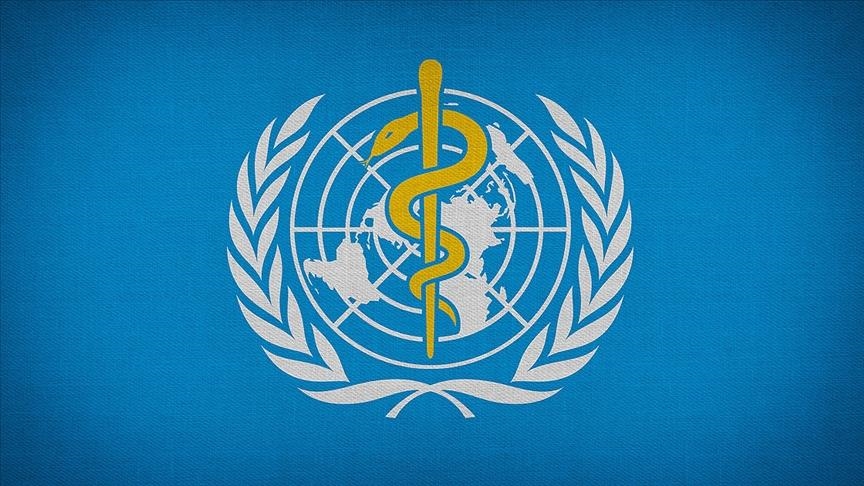Independent panel slams WHO, China on virus response
Member states kept WHO underpowered, without enough resources, says panel co-chair

GENEVA
An independent panel examining the World Health Organization’s (WHO) response to the COVID-19 pandemic said on Tuesday that it would like to see the global agency be better prepared to tackle such a virus in the future.
The panel, set up after criticism by the US and other countries of the WHO's initial handling of the pandemic, said member states must give the agency the resources and the authority to deal with such an outbreak.
The panel’s interim report contained criticism of both the WHO and China for the speed of their initial response to the coronavirus outbreak.
The findings of the Independent Panel for Pandemic Preparedness and Response (IPPR) were conveyed by its co-chairs, former New Zealand prime minister Helen Clark and former Liberian president Ellen Johnson Sirleaf, in a virtual press conference ahead of their briefing to the WHO executive committee.
The panel found clearly that “public health measures could have been applied more forcefully by local and national health authorities in China in January [2020].”
The report said: “It is not clear why the [emergency] committee did not meet until the third week of January, nor is it clear why it was unable to agree on the [PHEIC - Public Health Emergency of International Concern] declaration.”
“I think we can all agree we never want the world to be in a predicament like this again,” said Clark, noting that the panel’s task is to look back “with the benefit of hindsight.”
“But we would, as a panel, like institutions and nations to be better equipped when new health threats emerge in the future.”
She said the world needs to “fundamentally reset preparedness and response systems to help ensure that this can't happen again.”
Such a correction, she stressed, “is needed right now.”
“And we do urge countries, immediately and consistently, to adopt the public health measures, which will reduce the spread and impact of COVID-19,” Clark added.
Johnson Sirleaf said the panel was not trying to “assign blame.”
The aim, she said, was to “assess what could be improved and to make concrete recommendations that will help the world to respond faster and better in the future.”
She said it is clear now that the world is more reliant on the WHO than ever before, adding that member states have kept the WHO “underpowered and under-resourced, to do the job expected of it.”
Beijing, however, was critical of the report.
The executive committee heard from a Chinese spokesperson, who said: “China suggests that the review committee and the IPPR should further improve the report and make scientific objective, fair, comprehensive and balanced assessment from both prevention and response.”
US President Donald Trump was a constant critic of the WHO for its handling of the pandemic, accusing it of being a “puppet of China.”
Last April, he announced a halt to funding for the global agency and formally moved to withdraw the US from WHO in July.
He told the US Congress and the UN of his intentions to withdraw effective as of July 6, 2021.








